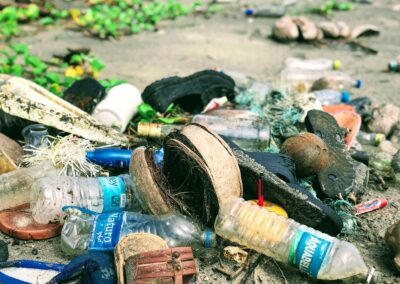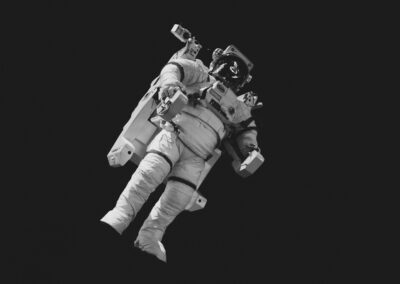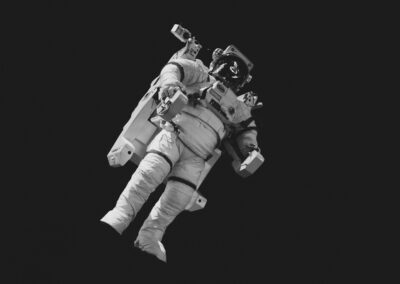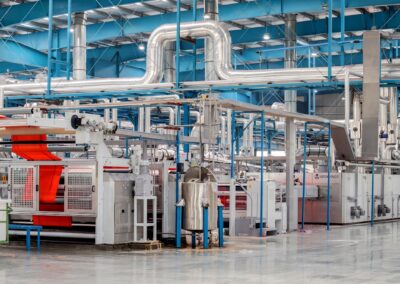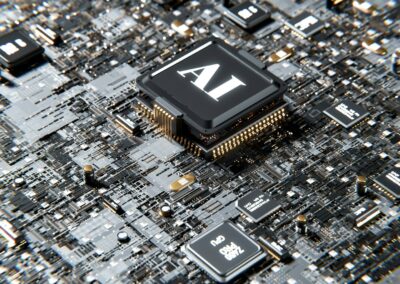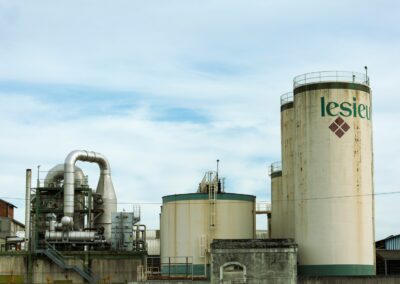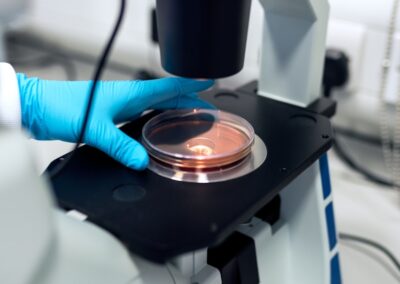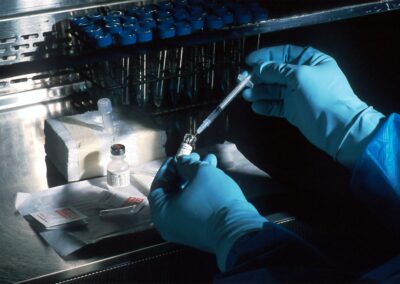The Transformative Potential of Synthetic Life Forms in Key Industries
Revolutionizing Medicine with Synthetic Life Forms
The creation of synthetic life forms stands at the forefront of transformative innovation in medicine, agriculture, and environmental management. Particularly in forward-thinking regions like Saudi Arabia and the UAE, where technological advancement and healthcare excellence are highly prioritized, the potential for synthetic life forms to revolutionize medicine is profound. These engineered organisms can be tailored to perform specific biological functions, making them invaluable in developing new therapeutic approaches and personalized medicine.
In medicine, synthetic life forms can be engineered to produce pharmaceuticals, from antibiotics to complex biologics, more efficiently and sustainably than traditional methods. For instance, synthetic bacteria can be designed to manufacture insulin or other critical drugs, ensuring a stable and cost-effective supply. This is particularly beneficial in regions like Riyadh and Dubai, where there is a strong focus on healthcare innovation and improving patient outcomes. Moreover, synthetic organisms can be used to create personalized therapies, tailored to the genetic profile of individual patients, thereby enhancing treatment efficacy and reducing side effects.
Enhancing Agriculture and Environmental Management
Beyond medicine, synthetic life forms have the potential to revolutionize agriculture by improving crop yields, enhancing nutritional content, and reducing reliance on chemical pesticides and fertilizers. In regions like Saudi Arabia and the UAE, where agricultural sustainability is crucial due to challenging climatic conditions, synthetic biology offers innovative solutions. Engineered organisms can be developed to fix nitrogen, reducing the need for synthetic fertilizers, or to produce biopesticides that target specific pests without harming beneficial insects. These advancements contribute to more sustainable and resilient agricultural practices, aligning with the environmental goals of these regions.
Synthetic life forms also hold significant promise in environmental management. They can be engineered to degrade pollutants, clean up oil spills, and restore contaminated ecosystems, offering powerful tools for addressing environmental challenges. For example, synthetic microbes can be designed to break down plastics, a critical need in the fight against plastic pollution. In Saudi Arabia and the UAE, where environmental preservation is increasingly prioritized, the deployment of such technologies can significantly mitigate the impact of industrial activities on natural ecosystems.
The Future of Synthetic Life Forms in Industry
As the development of synthetic life forms continues to advance, the future of their application in various industries is filled with both opportunities and challenges. One of the primary opportunities is the potential for these technologies to drive sustainable economic growth. By leveraging synthetic life forms, industries can achieve greater efficiency, reduce environmental impact, and create high-value products that meet the demands of modern consumers. In the ambitious landscapes of Riyadh and Dubai, where innovation is rapidly embraced, these advancements can position businesses at the forefront of global markets.
Generative Artificial Intelligence (AI) plays a crucial role in this future. By simulating various scenarios and optimizing the design of synthetic organisms, generative AI can accelerate the development and deployment of these technologies. This predictive capability allows businesses to refine their processes, reduce risks, and enhance productivity. In the fast-paced environments of Saudi Arabia and the UAE, generative AI supports the rapid innovation cycle, enabling companies to stay ahead in the competitive global market.
Leadership and project management skills are critical for capitalizing on the future prospects of synthetic life forms in industry. Effective leaders must inspire their teams, manage complex projects, and ensure that ethical and regulatory standards are met. By fostering a culture of continuous improvement and innovation, businesses in Riyadh and Dubai can harness the full potential of synthetic biology. Through strategic investments in technology, talent, and processes, they can drive sustainable growth and achieve lasting success in the dynamic field of synthetic life forms.
#SyntheticLifeForms #Medicine #Agriculture #EnvironmentalManagement #AI #Blockchain #GenerativeAI #ChangeManagement #ExecutiveCoaching #EffectiveCommunication #BusinessSuccess #ManagementConsulting #LeadershipSkills #ProjectManagement #SaudiArabia #UAE #Riyadh #Dubai




